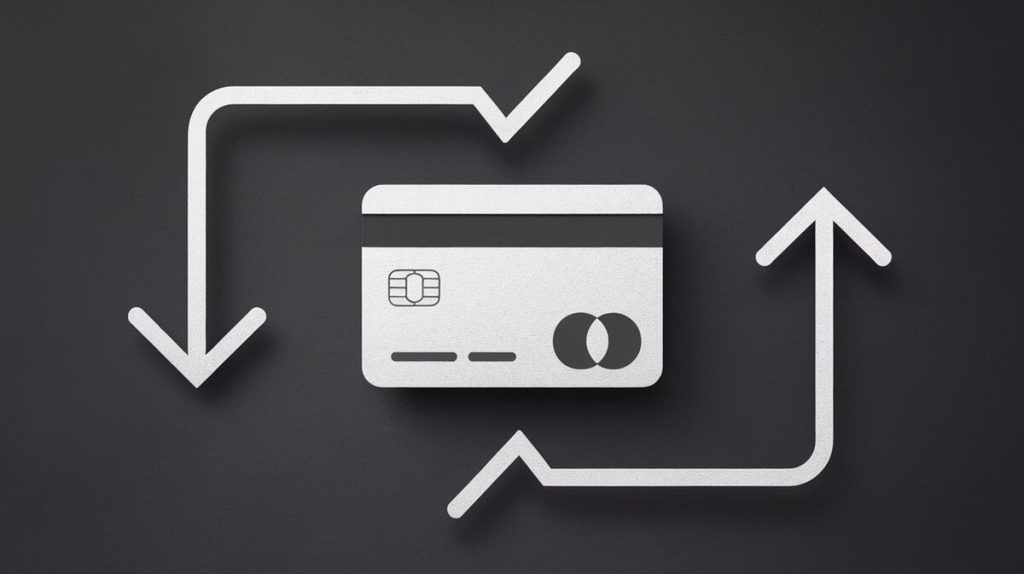A pre-authorization charge is a temporary hold placed by merchants on a customer’s credit or debit card. It ensures the customer has sufficient funds for a transaction before it is finalized. Pre-authorization is common in industries where the final cost is uncertain at the time of payment, such as hotels, car rentals, and gas stations. The hold affects the available balance but doesn’t immediately deduct money from the customer’s account. This article explains how pre-authorizations work, how refunds happen, and how businesses and consumers can manage them effectively.
What Are Pre-Authorization Charges?
Pre-authorization charges are often used by merchants to verify that the customer can cover the cost of a transaction. This process is not an immediate withdrawal but a hold that reduces the available balance until the transaction is completed or canceled.
Typical Use Cases:
- Hotels: Holds are placed to cover room rates and potential additional costs like room service.
- Car Rentals: A hold ensures the customer can cover extra days or damages.
- Gas Stations: A hold is applied before fueling, typically higher than the actual fuel cost, and adjusted later.
The pre-authorization hold typically lasts 5 to 31 days, depending on merchant and bank policies.
How Pre-Authorization Works
- Initiating the Hold: The merchant requests a hold, reducing the customer’s available balance by the pre-authorized amount.
- Holding the Funds: The funds are reserved but remain in the customer’s account until the final charge is processed.
- Finalizing the Transaction: After the service or purchase is complete, the pre-authorization is replaced by the actual charge. Any difference is released back to the customer.
For instance, a hotel may place a $200 hold for a booking. If the final charge is $180, the remaining $20 will be released back to the customer’s account.

When and Why Pre-Authorization Refunds Occur
Refunds happen if the pre-authorized amount exceeds the final charge or the transaction is canceled. Holds typically expire after a certain period if no charge is finalized.
Examples of Refund Situations:
- Hotel Bookings: If the customer’s stay is shorter or the total bill is less than the hold, the difference is refunded.
- Car Rentals: If the car is returned without damages or extensions, part of the hold is refunded.
- Gas Stations: A typical pre-authorization hold of $100 for fuel is adjusted to the actual amount after fueling.
Table 1: Pre-Authorization Hold Durations by Industry
| Industry | Hold Amount | Average Hold Duration | Final Adjustment Time |
|---|---|---|---|
| Hotels | $50-$300 | 5-14 days | 24-48 hours |
| Car Rentals | $100-$500 | 7-30 days | Up to 3 days |
| Gas Stations | $50-$150 | 1-5 days | Immediate |
| Healthcare | Variable | 5-10 days | 1-3 days |
This table outlines the standard practices for pre-authorization holds across industries.
Common Issues for Consumers
Pre-authorization holds often create confusion for consumers, particularly when they last longer than expected or are larger than the final bill. Pre-authorization amounts may exceed the final bill to cover additional potential costs like incidentals.
Typical Consumer Issues:
- Delayed Release of Funds: Funds remain on hold even after a transaction is completed, affecting available balances.
- Higher Pre-Authorization Amounts: Merchants sometimes place larger holds than the final charge to cover incidentals, which may not be communicated clearly.
Managing Pre-Authorization Holds: Tips for Consumers
To avoid problems with pre-authorizations, consumers can take several actions:
- Monitor Account Activity: Keep an eye on account balances to ensure holds are released promptly.
- Contact Merchants: If a hold persists, reach out to the merchant for resolution.
- Keep a Buffer: Maintain extra funds in accounts to account for holds that affect spending power.

How Long Does It Take to Get a Pre-Authorization Refund?
Pre-authorization holds are typically released within 1 to 7 days of completing a transaction. However, some holds may take up to 30 days, depending on the merchant’s policies and the issuing bank.
Table 2: Refund Processing Times by Bank Type
| Bank Type | Refund Processing Time |
|---|---|
| Major U.S. Banks | 1-3 business days |
| Regional Banks | 2-5 business days |
| International Banks | 5-10 business days |
Businesses: Reducing Refund and Chargeback Risks
Pre-authorization charges are a useful tool for businesses to avoid chargeback risks and ensure payment. However, poorly managed holds can result in customer dissatisfaction, especially if funds are not released in a timely manner.
Business Best Practices:
- Communicate Clearly: Let customers know about hold amounts and timelines upfront to prevent confusion.
- Limit Hold Duration: Where possible, keep holds to 7 days or less.
- Use Reliable Payment Processors: Platforms like Stripe and Braintree offer reliable tools for managing pre-authorizations.
For businesses seeking more advanced solutions to manage pre-authorizations and prevent chargebacks, Merchanto.org offers a full suite of services in partnership with Visa and MasterCard. Visit their official site at Merchanto.org to learn more about their chargeback prevention tools.
Pre-Authorization and Refund Fees for Businesses
Many payment processors charge fees for refunds, but canceling a pre-authorization before finalizing a transaction is typically fee-free. This can save businesses money on refund processing fees, which usually range from $0.25 to $0.50.
Table 3: Processing Fees by Transaction Type
| Transaction Type | Fee per Transaction |
|---|---|
| Credit Card Authorization | $0.10 – $0.30 |
| Credit Card Refund | $0.25 – $0.50 |
| Pre-Authorization Cancellation | No fee |
This table shows the typical fees associated with various transaction types, allowing businesses to plan their payment processes more effectively.
Conclusion
Pre-authorization charges are an essential part of many industries, ensuring that merchants are paid for services rendered and that consumers can make payments without immediate deductions. However, managing pre-authorizations effectively requires clear communication, proper monitoring, and reliable payment processors. Both businesses and consumers benefit from understanding how these holds work, the potential issues they may cause, and how to resolve them quickly.
For businesses, optimizing pre-authorization management can prevent unnecessary fees and chargebacks.



